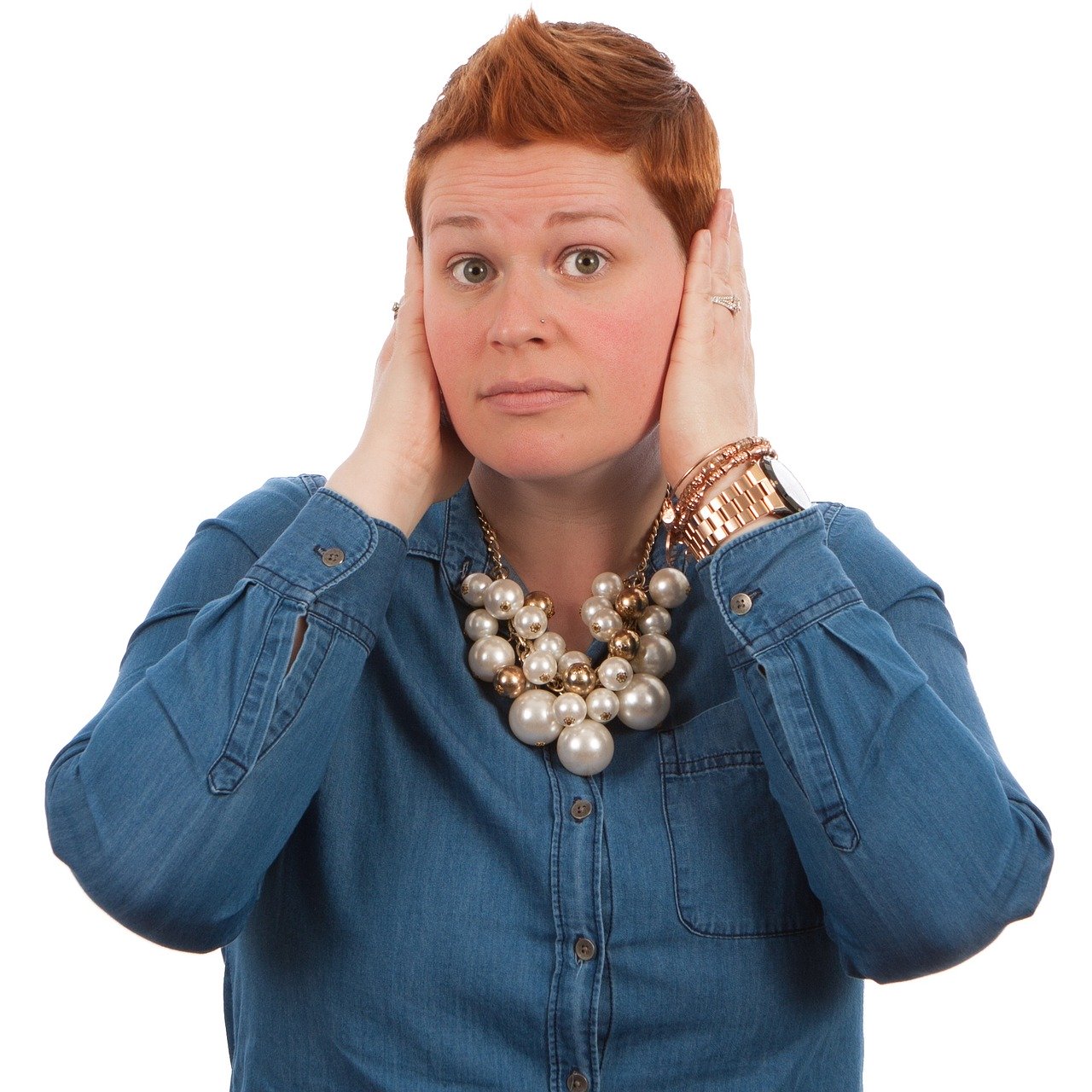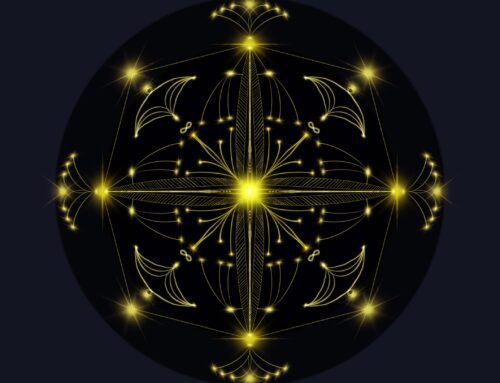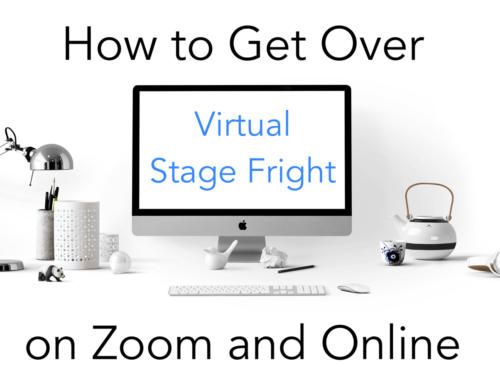Have you ever wondered why some people just don’t seem to like music?
Musical anhedonia is a brain condition that causes people to feel apathetic toward music, or even to dislike it outright.
About 3-5% of the population experiences music anhedonia, and this means the reward centers in their brain are not activated when listening to music. These people tend to find music boring at best, distracting or annoying at worst.

They do not experience catharsis or emotional release when listening to a moving ballad. They don’t feel excitement at the end of a riser right before the beat drops, and they don’t feel relaxed or peaceful during a meditative piece of music. They most certainly don’t get goosebumps at the opera.
It is also unlikely that these people can experience altered states in response to EDM or ceremonial music, and they are not likely to have peak experiences at live concerts, even though the person standing right next to them may be literally over the moon with delight.
It’s important to know that there is nothing inherently wrong with people who have musical anhedonia, they are simply wired differently.
The reward centers in their brain still work, they are just not activated by music.
It’s also important for anhedonics to realize that whether they feel it or not, music is a powerful and profound tool for moving energy and shifting consciousness.

Music offers a direct experience of feelings, and even a sense of going beyond the ordinary. Simply by listening to a song, we can feel inspired, lifted out of depression, finally cry tears we have been holding back too long, and feel understood in a way we never could from spoken words.
Music helps almost everyone to get out of their heads and actually feel and heal, to have a fully embodied experience of life, rather than just talking about the experience.
That is why humans have made music a part of their ceremonies and their daily lives since before we had agriculture or even civilization as we know it.
If we all recognize that we are wired differently, and that it’s all good, we can appreciate one another for our diversity while also releasing the need to judge.
We don’t need to see people who “don’t get” music as being repressed, stiff, or boring, or to judge people who love music as wild, irrational, or immature.








Leave A Comment